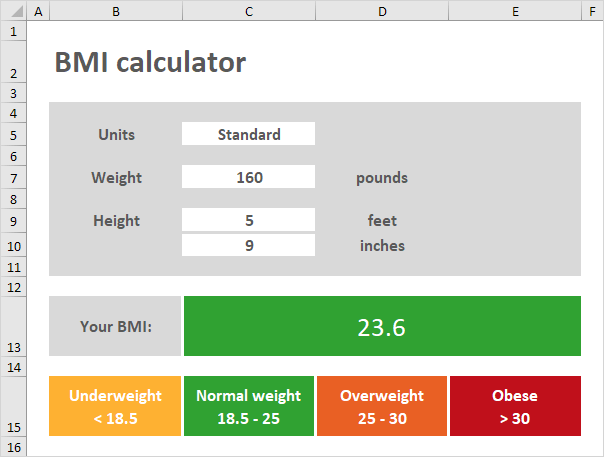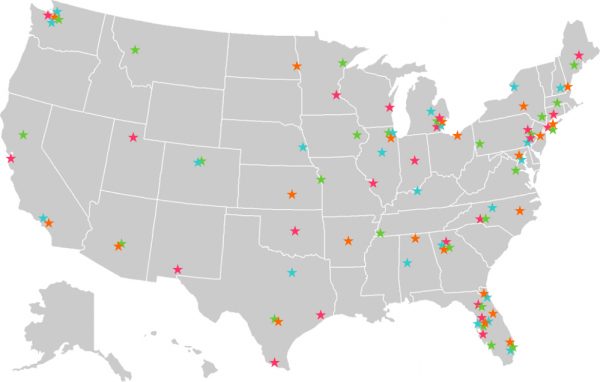The secondary healthcare system refers to the general and state hospitals and these facilities are responsible for providing the majority of the healthcare need of the Nigerian populace. Analysis was conducted using a variety of sources including recent facility level information from the World Bank Service Delivery Indicators Survey.
Types of insurance estimation of beneficiaries as of the population National Health Insurance Scheme NHIS has three main programs of which the formal sector.

Nigeria health care system. First of all the government should come up with a comprehensive plan to. This paper seeks to identify the indices of the Nigerian dying health system and suggest ways of building a solid healthcare system in Nigeria. The Good Side of Nigerias Healthcare System.
The national healthcare system in Nigeria is based on the three-tier system of primary secondary and tertiary care. The African health system with its humanistic face and barter system still demanded some form of reciprocity from patients and their households. Despite the welfare scheme during the First Republic majority of the citizens were still prepared to pay for health.
However the funding of health care system varies across different countries. Nigerias health care system ranks 187th globally Israel Odubola Dec 29 2018 Compared to what obtains in even neighbouring African countries Nigerias health care system is a laggard. Nigeria as a nation operates a pluralistic health care delivery system orthodox and traditional health care delivery systems.
This insurance scheme covers up to 4 live maternal births. Overview of health care system Nigeria is one of the largest countries in Africa occupying an area of 923678 square kilometres. Countrys primary health care PHC system.
The primary health care system is managed. Some of the benefits that citizens get from the National Health Insurance Scheme include. It lies within the tropics along the Gulf of Guinea on the west coast of Africa between the latitudes of 4 1 and 13 9 N and longitudes 2 2 and 14 30 E Figure 1.
The federal state and local government. CASE STUDY FROM NIGERIA 3 1. Obviously there is a recipe for a viable healthcare system in Nigeria.
In recent years migration to foreign countries has declined and the primary challenge. The missionary hospitals also had some form of market orientation in its healthcare delivery system and through the years Nigerians are well acquainted with paying for health services. Preventative Care which includes immunization family planning and health education.
However the provision of health care in the country remains the functions of the three tiers of government. Nigeria has one of the largest stocks of human resources for health HRH in Africa but like the other 57 HRH crisis countries has densities of nurses midwives and doctors that are still too low to effectively deliver essential health services 195 per 1000. It can be said that Nigerias healthcare system has succeeded in different fronts.
Protect promote and fulfil the rights of the people of Nigeria to have access to healthcare services. Orthodox health care services are provided by private and public sectors. And it will take deliberate government measures to lift the sector in the country.
However many of the state hospitals are known for their dilapidated buildings and poorly maintained equipment. The Federal Ministry of Health FMH has the responsibility to develop policies strategies guidelines plans and programmes that provide the overall direction for the National Health Care Delivery System. In the case of Nigeria the financing of the health care delivery system is majorly through tax revenue out-of-pocket payment or user fees donor funding and social health insurance.
A citizen can access inpatient care in a standard ward. The Primary Health Care Performance Indicators conceptual framework is used to examine Nigerias PHC system and possible causes of underperformance. Nigerias Health Care System On the Mend Reducing bureaucracy and improving vaccine storage have helped health experts better respond to disease outbreaks.
Results show that Nigeria. The Nigerian health system has been evolving over the years through health care reforms aiming to address the public health challenges confronting it Even so the inability to effectively address the countrys numerous public health challenges has contributed to the persistent and high level of poverty and the weakness of the health system. Secondary Healthcare in Nigeria.
Apart from these there is also an acute shortage of skilled. Health and Healthcare System The World Health Organization WHO defines health as a state of complete physical mental and social well-being and. The federal government introduced the National.
In Nigeria the primary health care system is managed by 774 local government areas LGAs with support from their respective state ministries of health.




:max_bytes(150000):strip_icc()/could-falling-asleep-too-fast-be-a-sleep-problem-3015146_V2-13d637b9535e49e5bcd7fed53728dc6f.png)








